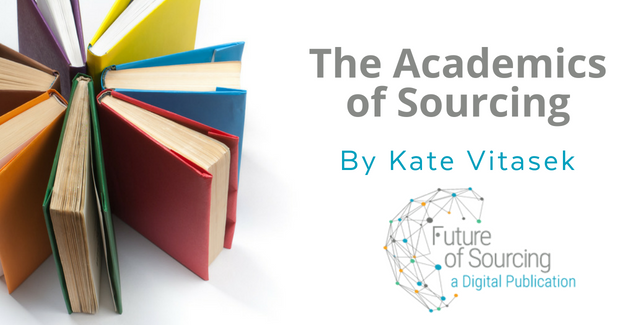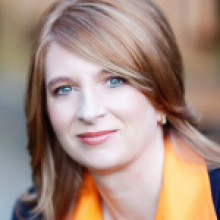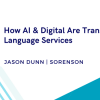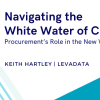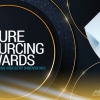The “invisible hand” of the market could be giving you a sharp slap more often than not, according to the Nobel laureates George A. Akerlof and Robert J. Shiller.
If you sometimes wonder whether markets always act in your best interest – or if that is even possible given the current state of capitalism – you’re not alone. In their latest and aptly titled book, Phishing for Phools, Akerlof and Shiller argue that as long as there is profit to be made, sellers will systematically exploit our psychological weaknesses and our ignorance through manipulation and deception.
Rather than being essentially benign and always creating the greater good, as posited by Adam Smith, markets are inherently filled with trickery and traps; they’ll “phish” us as “phools.”
Akerlof is University Professor at Georgetown University and received the 2001 Nobel Prize; Shiller is Sterling Professor of Economics at Yale University, and the winner of the 2013 Nobel Prize.
The book’s premise? The free market isn’t just the best mechanism to provide people with what they want; it is also the best mechanism to provide people with what they don’t want. As Shiller said in a TED talk, “We need a free market economy, but it brings with it tons and tons of misleading behaviour.”
Why phish and phool? Reflecting his interest in behavioural economics, Shiller notes that phishing, which we see every day in our emails for example, is “any kind of deception that happens in our lives,” while the “phool is someone that doesn’t know he or she is being phished.” Akerlof defines a phool as someone who might make a perfectly intelligent decision that happens to be a mistake. This is especially evident in financial markets: a kind of “economic equilibrium” occurs where well-meaning people find it difficult not to phish, “you kind of have to do it because everyone else is doing it,” Shiller says.
He expanded on that idea in a recent WSJ interview following the book’s publication: “If businesses have a chance to profit by tempting us into making decisions that are good for them but bad for us, they will take it. They have just as powerful an incentive to provide us with what we don’t want as to provide us with what we do want.”
In the same interview Akerlof added, “We think that’s how things [happened] in financial markets [before] the 2008 financial crisis.” Financial lenders packaged subprime mortgage loans into complex and unsustainable financial instruments that looked good on paper, but that few could really understand, until they brought the market to its knees when the bubble burst.
But what does this mean for outsourcing and strategic business relationships? Information, transparency, alignment and “playing nice” are powerful counterbalances to the market’s inherent perverse incentives, power plays and games that Akerlof and Shiller describe.
To avoid muscular power plays, buyers and suppliers should take care early on to align their interests and collaborate in order to avoid “buyer-seller remorse.” As the market continually shows us, those with the power will use it if they can, so it’s important to make sure everyone gets what they are paying for, and that they get the deal they thought they were getting when first entering the negotiation.
The Vested sourcing business model uses systems thinking to create a dynamic and flexible governance framework designed to maintain and safeguard a balanced, principled relationship – a “getting to we” relationship that creates and expands value for everyone.
That kind of collaborative, win-win mindset will help avoid manipulation, deception and market “phoolishness.”


